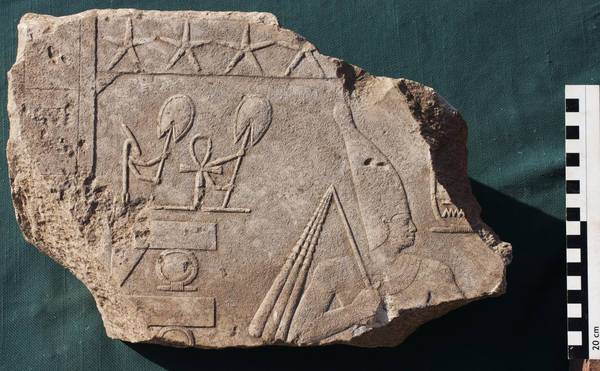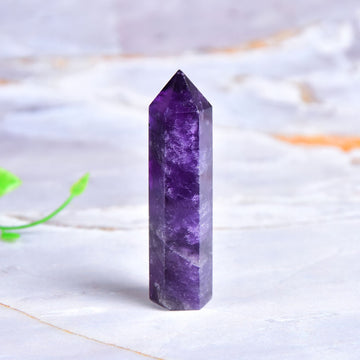Discovery in Matariya Egypt

ROME – The Egyptian-German Archaeological Mission to Matariya (Ministry of Antiquities of the Arab Republic of Egypt, Egyptian Museum University of Leipzig, University of Applied Sciences Mainz) has discovered new evidence for a sanctuary of Nectanebo I (380-363 BC) in the temple precinct of Heliopolis, according to Dr. Mahmoud Afify, head of the ancient Egyptian antiquities sector at the Egyptian Ministry of Antiquities.
Dr. Aiman Ashmawy, head of the Egyptian team at the Mission, said the number of blocks from a limited area proves that the excavation area is the site of the original building built of limestone reliefs and columns, with lower wall zones made in black basalt. An eastern gate was made of brown silicified sandstone and decorated with inscriptions and ritual scenes.
The team also found additional evidence for the representation of geographical processions consisting of Nile gods with accompanying texts. A group of basalt slabs shows the geographical procession of the 6th Nome of Upper Egypt.
Additionally, objects like a sculptor’s practice pieces and a bronze figurine of the goddess Bastet were found in the same area. Dr. Dietrich Raue from the Egyptian Museum of the University of Leipzig/Germany focused on excavations in a second area in the southeast part of the temple, where a workshop from the 4th century BC and a superseding Ptolemaic stratum were discovered. “This fits to the growing evidence for the enormous activity of the kings of the 30th Dynasty in this sanctuary,” he said. A new temple site of Ramses II was discovered between the location of the temple-site of Ramesses II at the Suq el-Khamis and the area of the Nectanebo temple. Fragments of colossal statuary as well as large blocks with wall reliefs were also found.
*Article initially appeared on http://www.ansamed.info/


































